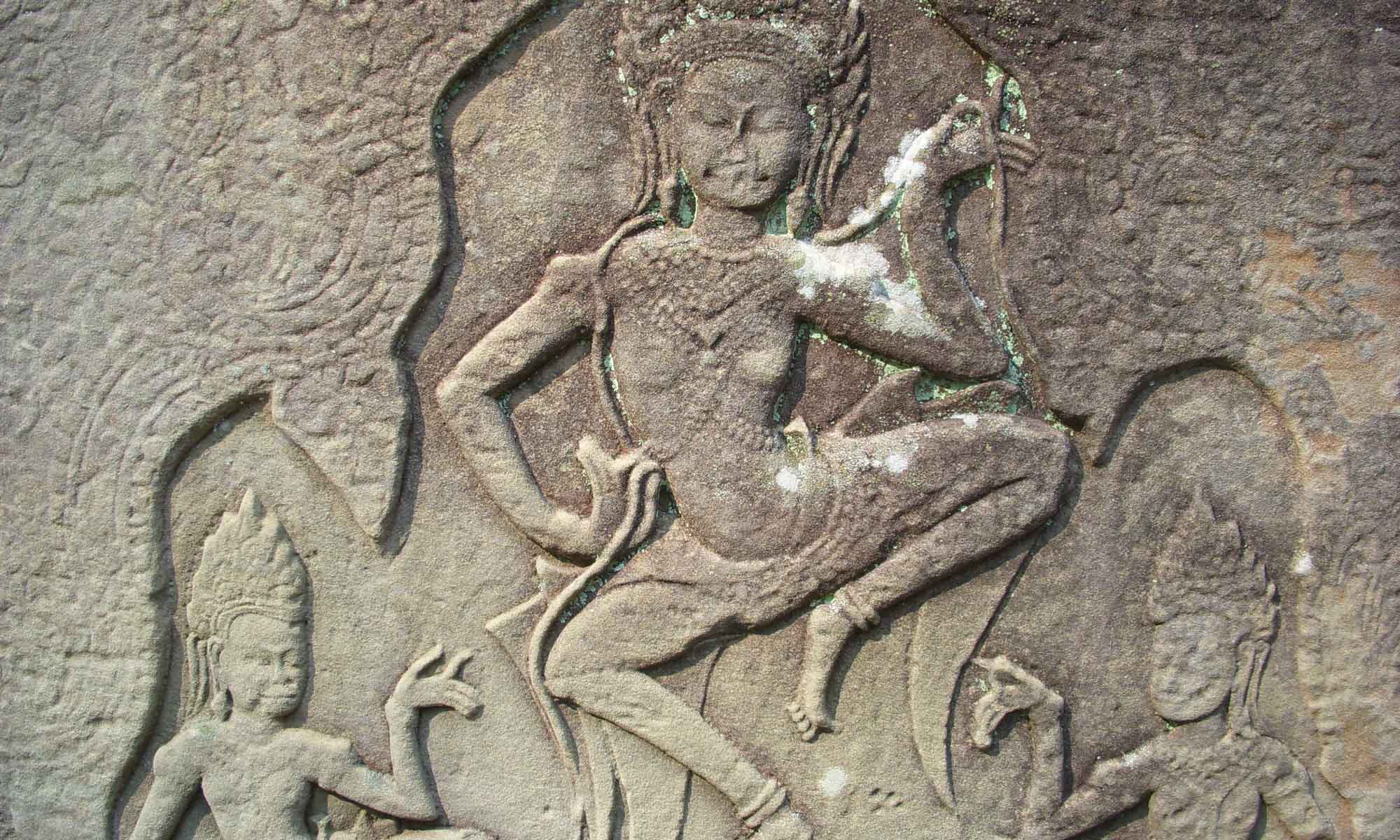“Flourishing Kin: Loving the World in Complex Times”
with Dr. Yuria Celidwen
Thursday, June 26, 2025 at 3:00 PM Eastern Time
REGISTER HERE

Our world faces crises that require a focus on community and planetary health and well-being. Still, the Western emphasis on individual self-improvement has resulted in mental health struggles leading to isolation and environmental exploitation. How can Western and Indigenous sciences work together to recalibrate current practices in the service of global well-being? Dr. Yuria Celidwen shares insights from her recent book Flourishing Kin: Indigenous Wisdom for Collective Well-Being to cultivate sustainable collective well-being. Through poetic expression and authentic truth-telling, Celidwen invites a path that meets the world’s complexity with reverence and joyous participation in the flourishing of all living beings.

“From Indigenous scholar Yuria Celidwen comes a first-of-its-kind book about our aspiration for sustainable, collective flourishing through Indigenous wisdom, traditions, and practices that bridge Indigenous and Western knowledges and ways.”

Yuria Celidwen, PhD: I am a native of the Indigenous Nahua and Maya Bats’il K’op lineages from the cloud forests of Chiapas, Mexico. I am of Earth; my heart is on fire. My family comprises mystics, healers, poets, and explorers of the soil and the soul, embodying life’s strength, tenderness, and fragility. I grew up with one wing in the wilderness and another in the magical realism of Indigenous dreamlands and stories. My elders’ songs enthralled my childhood, enhancing my mythic imagination and emotional intuition: the fertile Lands where the seeds of reverence, play, and wonder dig their roots. I am a Truth-bearer, trickster dreamer, and culture-shifter. As a scholar, I research Indigenous forms of contemplation and the transcendent experience embodied in prosocial behavior (reverence, ethics, compassion, and a sense of awe, love, and sacredness). I refer to my broader research statement as the “Ethics of Belonging,” which encourages awareness, intention, and relational actions toward planetary flourishing and a path of meaning and participation rooted in honoring Life.
~~~~~~~~~~~~~~~~~~~~~~~~~~~~
Upcoming Scholar Salon (at 3pm Eastern Time ):
August 21 2025: “Inanna’s Descent: Re-wombing Menstrual Sacrality” with Dr. Annalisa Derr
Save these Salon dates: September 4, September 18

This Salon recording will also be available to members when processed after the event.
















You must be logged in to post a comment.